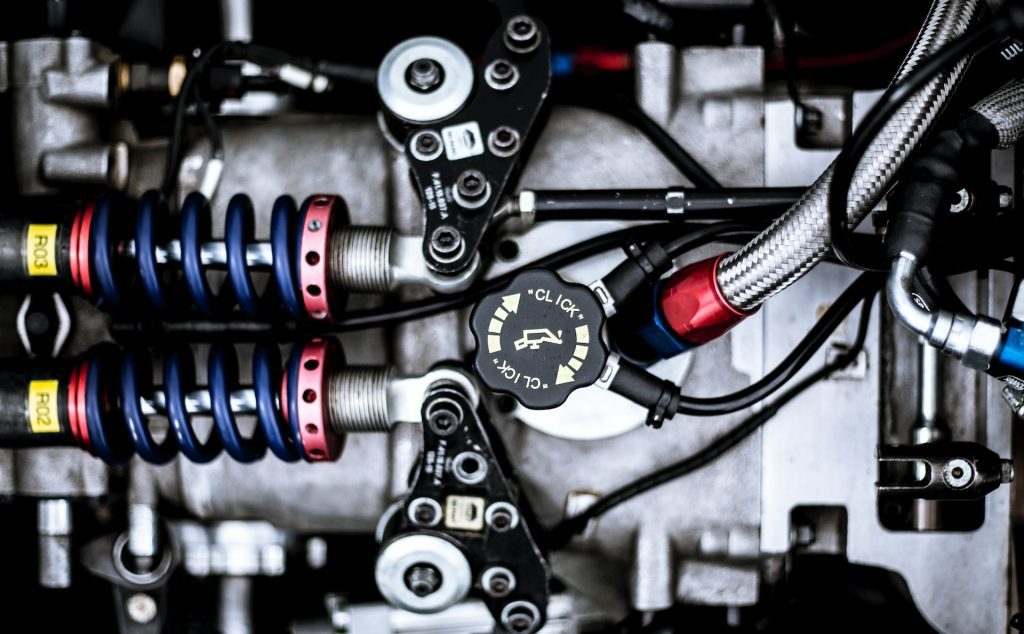A clean and healthy home begins with the right vacuum cleaner. In today's market, there are countless options to choose from, each catering to specific cleaning needs.
The choice you make can significantly impact the cleanliness of your living space, the efficiency of your cleaning routine, and even your health. This blog post aims to guide you through the essential factors to consider before investing in a vacuum cleaner. Whether you're dealing with pet hair, allergies, or various floor types, understanding what to look for will empower you to make an informed decision.
Understanding Your Cleaning Needs
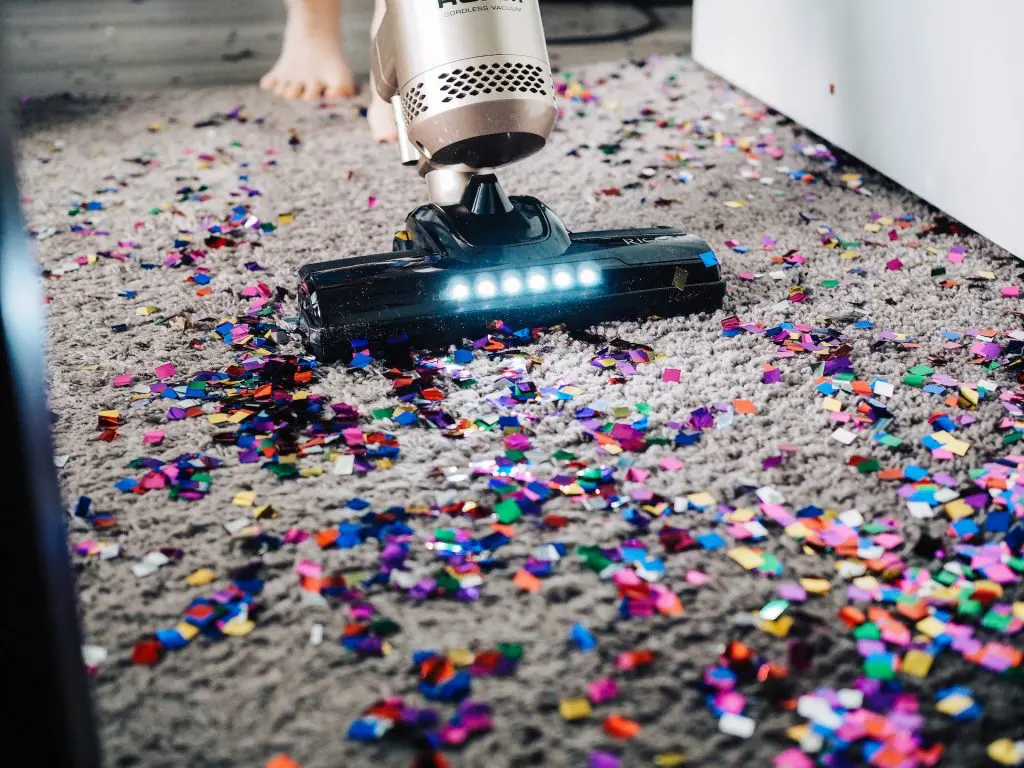
When it comes to buying a vacuum cleaner, the first step is to assess your unique cleaning needs. Understanding your specific requirements will help you narrow down your options and find the perfect fit for your home. Here are some key factors to consider:
Assess the size of your living space: The size of your home plays a significant role in choosing the right vacuum cleaner. For smaller apartments or spaces with limited storage, a compact and lightweight model may be ideal. In contrast, larger homes may benefit from a more robust and efficient vacuum with a longer cord or a cordless design for maximum mobility.
Consider the type of flooring in your home: The type of flooring in your home heavily influences your choice of vacuum cleaner. If you have mostly carpets, you'll want a vacuum that excels at deep cleaning and has adjustable height settings. For hardwood or tile floors, models with soft brush rolls or attachments for hard floors can prevent scratches and damage.
Evaluate the frequency and type of cleaning tasks: Think about how often you clean and the specific cleaning tasks you need to tackle. If you have shedding pets, a vacuum with strong suction and specialized pet hair tools is essential. Allergy sufferers should prioritize vacuums with HEPA filters to trap allergens effectively.
By considering these factors, you'll be better equipped to choose a vacuum cleaner that aligns with your cleaning needs. It's a crucial step toward maintaining a cleaner, healthier home environment and ensuring that your investment in a vacuum cleaner is well-suited to your lifestyle.
Types of Vacuum Cleaners
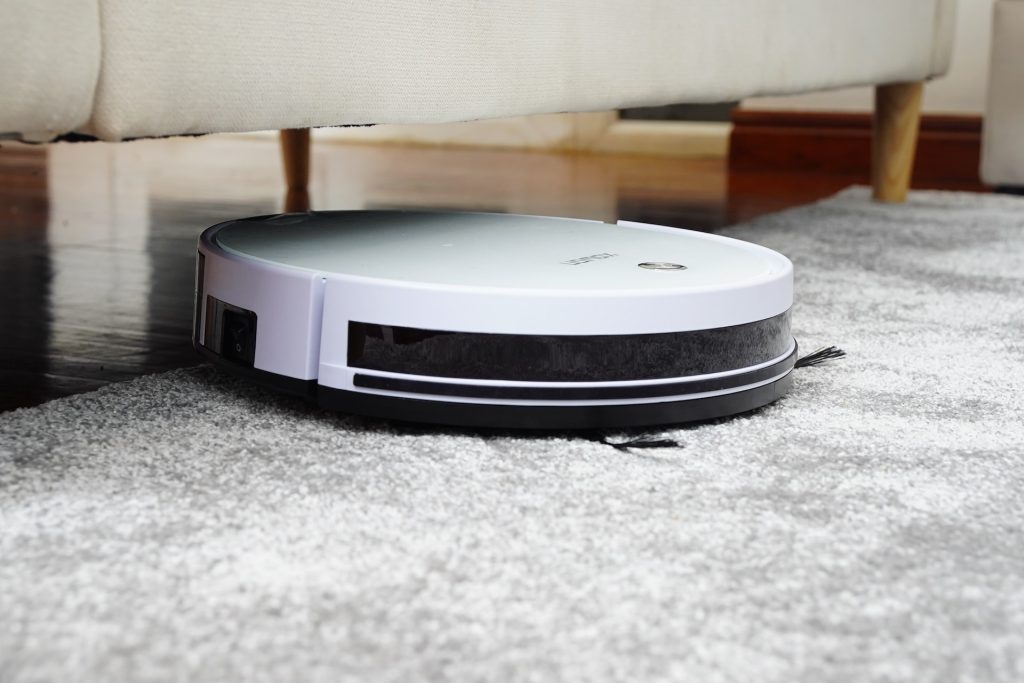
Vacuum cleaners come in various types, each with its own set of advantages and disadvantages. Understanding these differences is crucial to selecting the right one for your cleaning needs.
Upright Vacuums
Advantages
- Often equipped with attachments for versatile cleaning.
- Ideal for large, carpeted areas.
Disadvantages:
- Heavier and less maneuverable than some other types.
- May struggle with cleaning under furniture or in tight spaces.
- Not as suitable for hard floors without additional attachments.
Canister Vacuums
Advantages:
- Excellent maneuverability, especially around furniture and stairs.
- Versatile with various attachments for different surfaces.
- Suitable for both carpets and hard floors.
Disadvantages:
- Canisters themselves can be bulky and less convenient to store.
- May require more effort to pull behind while cleaning.
- The hose and wand can sometimes be less user-friendly.
Stick Vacuums
Advantages:
- Lightweight and easy to maneuver.
- Great for quick cleanups and small spaces.
- Cordless models offer enhanced mobility.
Disadvantages:
- Generally have less suction power compared to uprights and canisters.
- Smaller dustbins may require frequent emptying.
- Limited cleaning range on a single charge for cordless models.
Handheld Vacuums
Advantages:
- Ultra-portable and perfect for spot cleaning.
- Ideal for cleaning car interiors, upholstery, and small messes.
- Some models have cordless designs for convenience.
Disadvantages:
- Limited capacity and shorter runtime.
- May not be suitable for whole-house cleaning.
- Less powerful compared to larger vacuum types.
Robot Vacuums
Advantages:
- Autonomous and can clean while you're away.
- Navigate around obstacles and follow programmed routes.
- Convenient for maintaining clean floors daily.
Disadvantages:
- Generally have a smaller dustbin capacity.
- May struggle with deep cleaning carpets.
- Initial investment can be higher than other types.
The choice of vacuum type largely depends on your specific cleaning needs and preferences. Upright and canister vacuums are suitable for deep cleaning in larger homes, while stick and handheld vacuums are excellent for quick cleanups and smaller spaces. Robot vacuums offer hands-free convenience but may not replace the need for occasional manual cleaning.
Consider your flooring, the size of your home, and the type of cleaning tasks you regularly perform when making your decision.
Key Features to Look for
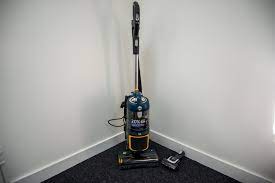
When shopping for a vacuum cleaner, it's essential to pay attention to various key features to ensure that the model you choose meets your specific cleaning needs. Here are the crucial features to consider:
Suction Power and Performance: Suction power determines how effectively a vacuum can lift dirt and debris from various surfaces. Look for a vacuum with adjustable suction settings to accommodate different floor types.
Filtration System: A high-quality filtration system is essential, especially for allergy sufferers. Vacuums with HEPA filters can trap microscopic particles like dust mites, pollen, and pet dander, improving indoor air quality.
Bagged vs. Bagless: Bagged vacuums typically offer better dust containment and are ideal for allergy-prone individuals. Bagless models, on the other hand, eliminate the need for replacement bags but may require more frequent filter cleaning.
Corded vs. Cordless: Corded vacuums offer consistent power but may limit mobility due to the cord's length. Cordless models provide freedom of movement but have a limited runtime, so they are better suited for smaller spaces and quick cleanups.
Attachments and Accessories: Attachments enhance a vacuum's versatility. Look for a vacuum that comes with a variety of attachments such as crevice tools, upholstery brushes, and pet hair tools to tackle different cleaning tasks effectively.
Noise Level: Vacuum noise can be a significant consideration, especially if you have young children or live in an apartment building. Some models are designed to be quieter than others, so check the decibel rating before purchasing.
Weight and Maneuverability: Consider the weight of the vacuum, especially if you have multiple floors in your home. Lightweight models are easier to carry up and down stairs. Additionally, models with swivel steering or self-propelling features are more maneuverable.
Budget Considerations
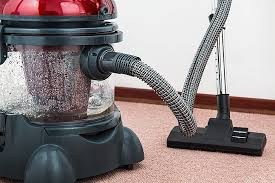
Vacuum cleaners come in a wide price range, making it essential to understand your budget options. Basic models can be found for as low as $50 to $100, while high-end, feature-rich models can exceed $1,000. The price variation is primarily influenced by factors such as brand reputation, type of vacuum, and additional features.
Explain how your budget should align with your needs:
Your budget should be closely aligned with your specific cleaning needs and expectations. Consider the following factors when determining how much to spend:
- Size of your living space: Larger homes may require a more substantial investment in a powerful and durable vacuum.
- Flooring type: Carpets may necessitate a vacuum with stronger suction, impacting the price.
- Allergies or pet ownership: If you or your family members have allergies or there are pets in the house, investing in a vacuum with HEPA filtration may be worth the higher cost.
- Frequency of use: If you clean frequently, a higher-priced, more durable vacuum may be a wise investment.
Provide tips for finding the best value for your money:
- Research and compare: Take the time to research various models, read reviews, and compare prices. Online resources and customer feedback can provide valuable insights into a vacuum's performance and reliability.
- Consider long-term costs: While a higher-priced vacuum may seem like a significant initial investment, it can pay off in the long run if it is more durable and requires fewer repairs or replacements.
- Look for sales and discounts: Keep an eye out for seasonal sales, promotions, and discounts from both online and brick-and-mortar retailers. You might score a high-quality vacuum at a lower price during these periods.
- Assess warranty and customer support: A vacuum with a generous warranty and responsive customer support can provide peace of mind and potentially save you money on repairs.
- Don't overbuy: Avoid purchasing features or accessories you don't need. Focus on the essential features that align with your cleaning requirements to get the best value for your money.
Maintenance and Longevity
Regular maintenance is essential to ensure your vacuum cleaner operates at peak performance. Neglecting maintenance can lead to reduced suction power, decreased cleaning efficiency, and even damage to the vacuum over time.
To prolong your vacuum's lifespan, clean or replace filters as recommended, empty the dustbin regularly, check for blockages in hoses and brushes, and clean or replace brush rolls and belts when necessary. Also, keep the vacuum's exterior clean and store it properly.
In addition, the expected lifespan of vacuum cleaners varies depending on quality and usage. Generally, well-maintained models can last 5-10 years or more, while lower-quality models may have a shorter lifespan.
Brand and Model Research
When researching vacuum cleaners, consider reputable brands known for their quality and reliability. Brands like Dyson, Miele, Shark, Hoover, and Bissell have a strong reputation in the industry.
For further research, consult online resources such as consumer review websites, forums, and customer reviews on e-commerce platforms. These sources can provide valuable insights into real-world experiences with specific vacuum cleaner models, helping you make an informed decision.
Retailer and Warranty Information
Vacuum cleaners can be purchased both online and in physical stores. Online shopping offers convenience and a wide selection, while in-store shopping allows you to see and test the vacuum before buying. Choose the option that best suits your preferences and needs.
In addition, warranty and customer support are crucial. A good warranty ensures you're covered in case of defects or issues, while responsive customer support can provide assistance and spare parts, prolonging your vacuum's lifespan.
Final Words: Environmental Considerations
Vacuum cleaners can impact the environment through energy consumption and the disposal of filters and dust. Consider energy-efficient models and recycle or properly dispose of used filters and bags to minimize the environmental footprint of your vacuum cleaner.



